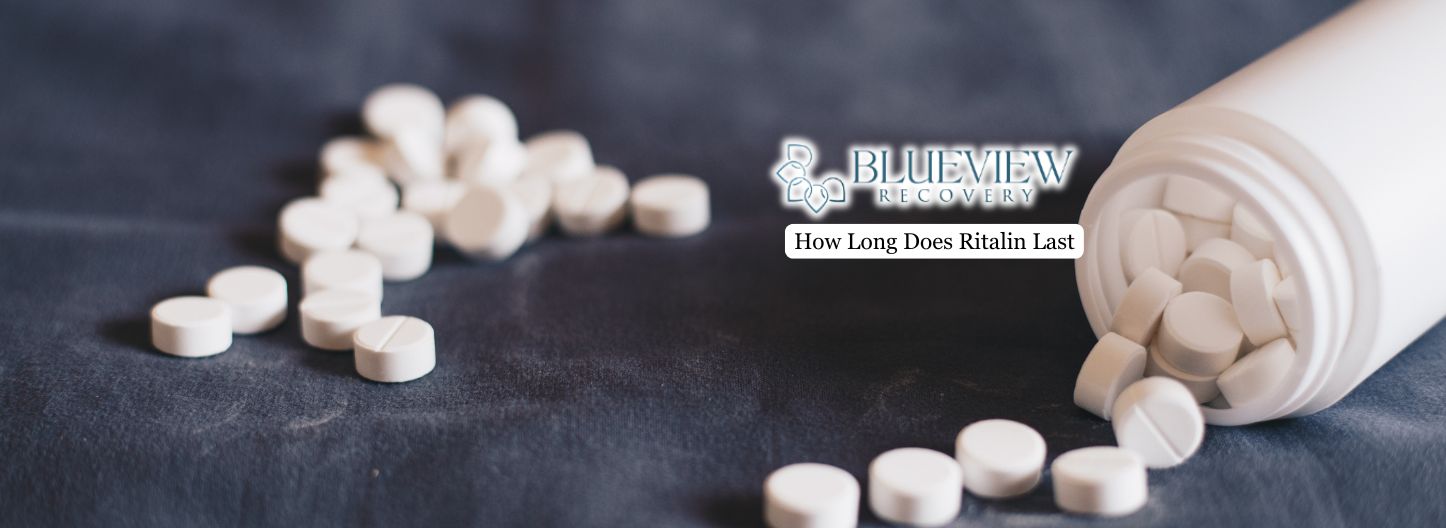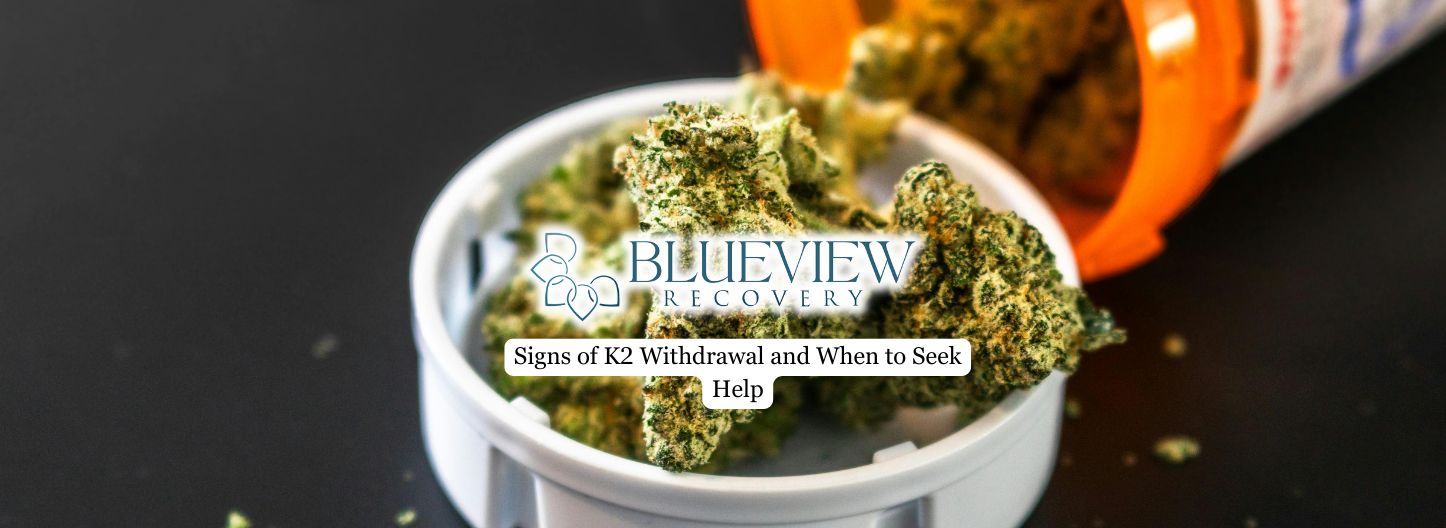Moving from residential treatment to an Intensive Outpatient Program (IOP) marks a major step in healing. It signals progress toward independence while maintaining essential structure and support. This stage can be both empowering and challenging as clients learn to apply coping skills outside a controlled environment.
This article outlines practical strategies for navigating the transition effectively and maintaining long-term stability during this critical phase.

Understanding the Shift from Residential to IOP
Residential treatment provides 24-hour supervision, an organized daily plan, and a community focused entirely on recovery. IOP, in contrast, offers greater flexibility while still providing regular therapy sessions, group meetings, and ongoing guidance and supervised practice of coping skills. The shift requires individuals to balance personal freedom with continued commitment to treatment. Understanding these differences helps prepare for potential adjustments in schedule, social dynamics, and emotional triggers.
A successful transition begins with recognizing that the healing journey continues beyond inpatient care. Many facilities, such as Blueview Recovery, offer Intensive Outpatient Programs that provide a strong framework bridging supervised living and community reintegration. Rather than viewing it as a step down, it should be seen as a strategic move toward greater self-reliance and integration into daily life.
Preparing for the Transition
Preparation for this stage begins before leaving the residential facility, ensuring that the individual feels guided rather than uncertain about what comes next. Developing a detailed discharge plan helps clients transition confidently and manage daily responsibilities after treatment. This plan should clearly outline daily IOP activities that include therapy schedules, medication management, and a comprehensive relapse prevention strategy. Close communication between the residential team and the outpatient treatment provider allows therapeutic goals to remain aligned, preventing disruptions in progress and reinforcing a sense of stability throughout the process.
Family participation further strengthens the adjustment period by creating an encouraging environment beyond professional care. When loved ones understand what an IOP entails, they can help keep the client on track, provide motivation, and offer reassurance. Education sessions or therapy before discharge ensure that everyone involved is prepared for the expectations, routines, and emotional shifts that accompany this important next phase.
Creating a Steady Routine at Home
A consistent daily routine remains one of the strongest foundations for an ongoing healing journey. Establishing habits at home reduces the risk of relapse and promotes continuity. Scheduling regular sleep, meals, exercise, and therapy sessions helps maintain the rhythm developed during inpatient care. This routine should also include personal time for reflection and self-care, which promotes balance and prevents burnout.
Maintaining consistency also involves setting clear boundaries, as limiting exposure to triggers, avoiding high-risk environments, and communicating openly with supportive family or friends reinforces accountability. Recovery thrives in stability, and having a predictable plan ensures that motivation remains strong during the transition period.
Staying Connected with a Support Network
The move from inpatient care to IOP can sometimes feel isolating without the daily peer interactions found in treatment facilities. Staying connected to a recovery network prevents disconnection and promotes emotional stability. Regular attendance in IOP sessions, 12-step meetings, or alumni groups keeps individuals engaged with a community that understands the challenges of post-residential life.
Building healthy relationships outside treatment also plays a key role. Family, mentors, and sober peers provide encouragement and perspective during difficult moments. The ongoing accountability from these connections helps maintain focus and reduces the risk of relapse.

Managing Emotional Triggers and Stress
Transitioning into a less controlled environment often reintroduces everyday stressors such as work, relationships, and social responsibilities. Learning to identify and manage emotional triggers early is essential for sustained recovery. Tools such as mindfulness, journaling, and grounding exercises help reduce anxiety and improve emotional regulation.
Therapists within IOP programs assist clients in applying coping techniques learned during residential treatment to real-world situations. Addressing challenges as they arise builds confidence and strengthens emotional resilience, helping individuals stay committed to their goals.
Continuing Therapy and Medication Management
Ongoing therapy and, when necessary, medication management play an important role in maintaining stability. Intensive Outpatient Programs allow clients to continue individual and group therapy sessions several times a week, ensuring consistent progress monitoring. This continuity reinforces accountability and encourages honest communication about any difficulties that emerge.
Medication-assisted treatment, when applicable, should be closely coordinated between healthcare providers and therapists. This integrated approach ensures that medical and emotional needs are addressed simultaneously, taking a holistic path to recovery.
Building Confidence and Independence
IOP encourages individuals to rebuild their lives while maintaining therapeutic oversight. Returning to work, pursuing education, or strengthening family relationships can be fulfilling parts of this process. Setting achievable goals provides direction and reinforces self-efficacy. Celebrating progress, no matter how small, boosts motivation and nurtures a sense of accomplishment.
Developing independence does not mean navigating recovery alone. It involves balancing responsibility with continued participation in treatment. Individuals gain the confidence to manage triggers, handle setbacks constructively, and make healthy choices that sustain sobriety.
Final Thoughts from Blueview Recovery
Transitioning from residential treatment to IOP is a pivotal stage that demands structure, accountability, and ongoing support. It allows clients to practice independence while staying grounded in professional care and peer connection. Success in this phase depends on maintaining consistency, building a reliable support system, and embracing personal growth.
At Blueview Recovery, we guide clients through every stage of care, from inpatient coordination to outpatient support. Our Intensive Outpatient Program in Philadelphia, PA, provides evidence-based therapy, family education, and relapse prevention strategies that promote lasting wellness. Through guidance and compassionate care, we help each client sustain healing and rebuild a fulfilling, balanced life.





